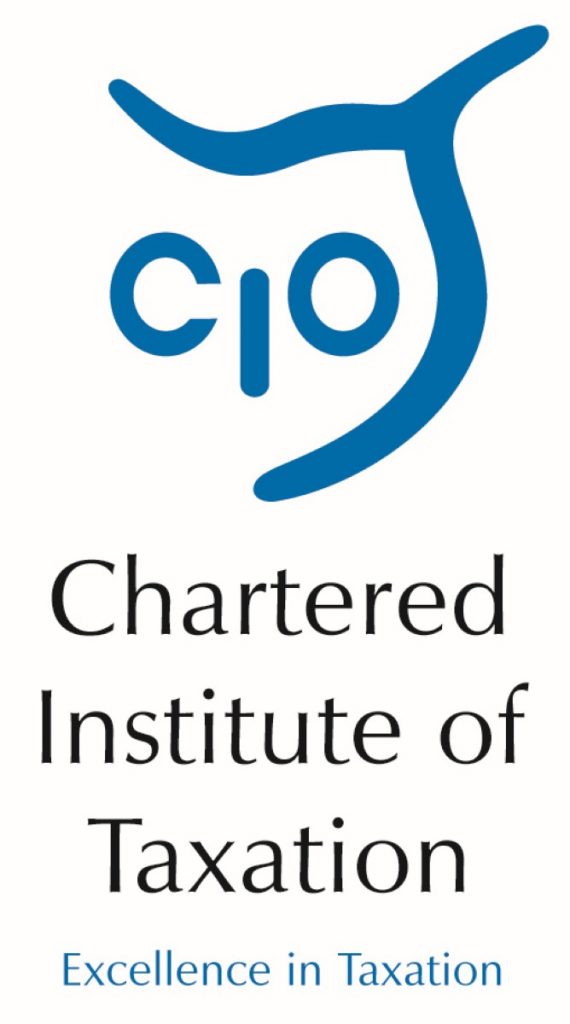The Low Incomes Tax Reform Group (LITRG) has welcomed the Office of Tax Simplification’s call to bring National Insurance contributions (NICs) and income tax closer together but has suggested the Government may need to give financial support to some taxpayers in the transition.
In a report published today, the OTS reaffirms its call for the ‘outdated system’ to be reformed to make it ‘fit for the future’. The OTS has been looking at moving to an annual, cumulative and aggregate (ACA) basis for employees’ NICs and basing employers’ NICs on whole payroll costs and renaming the charge.
An analysis shows that many of the winners under an ACA system, in that they would pay less NIC than before, are in the lower income bracket. However, there are also some losers in that bracket who would pay more NIC, notably multiple jobbers. Some of the losers do, however, gain more entitlement to contributory benefits, notably state retirement pension. Others may have their loss cushioned by receiving more Universal Credit to match the fall in their net earned income.
Robin Williamson, LITRG’s Technical Director, said:
“The NICs system cannot carry on as it is if we are to achieve a much needed simplification of the tax system. The OTS’ proposals are a major step towards simplifying NICs and the interaction with tax on employment income, and make for some welcome greater transparency. People will have a better chance of knowing what they are paying, and what for, in contrast to the current confused picture, especially when to comes to taxpayers’ entitlement to benefits, for example.
“We urge the Government to make compensation available to any losers on the lowest incomes to help them in the transition. Much can be done by adjusting rates and thresholds, for instance by raising the primary threshold (the point at which people start paying National Insurance).
“The OTS’ proposals on employer NIC reforms represents a useful simplification. We call for the employment allowance/threshold for the new payroll tax to be set at such a rate as to protect low-income employers as far as possible, particularly care and support employers.”
Notes to editors
1. The Government asked the OTS to investigate whether national insurance could be simplified, to create both a simpler and a fairer system that supported modern working patterns. Today’s report builds on the March 2016 report and sets out the case for NICs reform, with an indicative five-year timetable. Its report published today can be found here.
2. Low Incomes Tax Reform Group
The LITRG is an initiative of the Chartered Institute of Taxation (CIOT) to give a voice to the unrepresented. Since 1998 LITRG has been working to improve the policy and processes of the tax, tax credits and associated welfare systems for the benefit of those on low incomes.
The CIOT is the leading professional body in the United Kingdom concerned solely with taxation. The CIOT is an educational charity, promoting education and study of the administration and practice of taxation. One of our key aims is to work for a better, more efficient, tax system for all affected by it – taxpayers, their advisers and the authorities. The CIOT’s work covers all aspects of taxation, including direct and indirect taxes and duties. The CIOT’s 17,600 members have the practising title of ‘Chartered Tax Adviser’ and the designatory letters ‘CTA’, to represent the leading tax qualification.
Contact: Hamant Verma, External Relations Officer, 0207 340 2702 HVerma@ciot.org.uk (Out of hours contact: George Crozier, 07740 477 374)





-01.png)